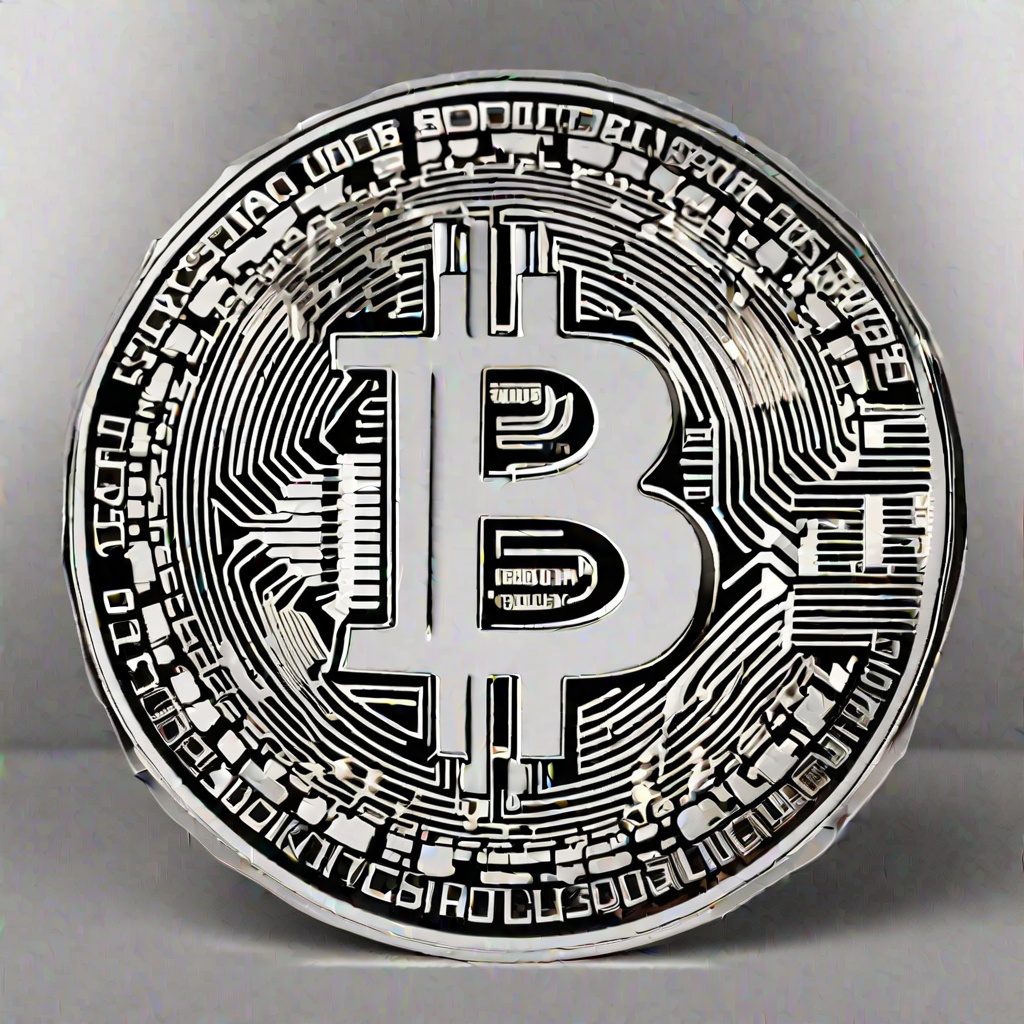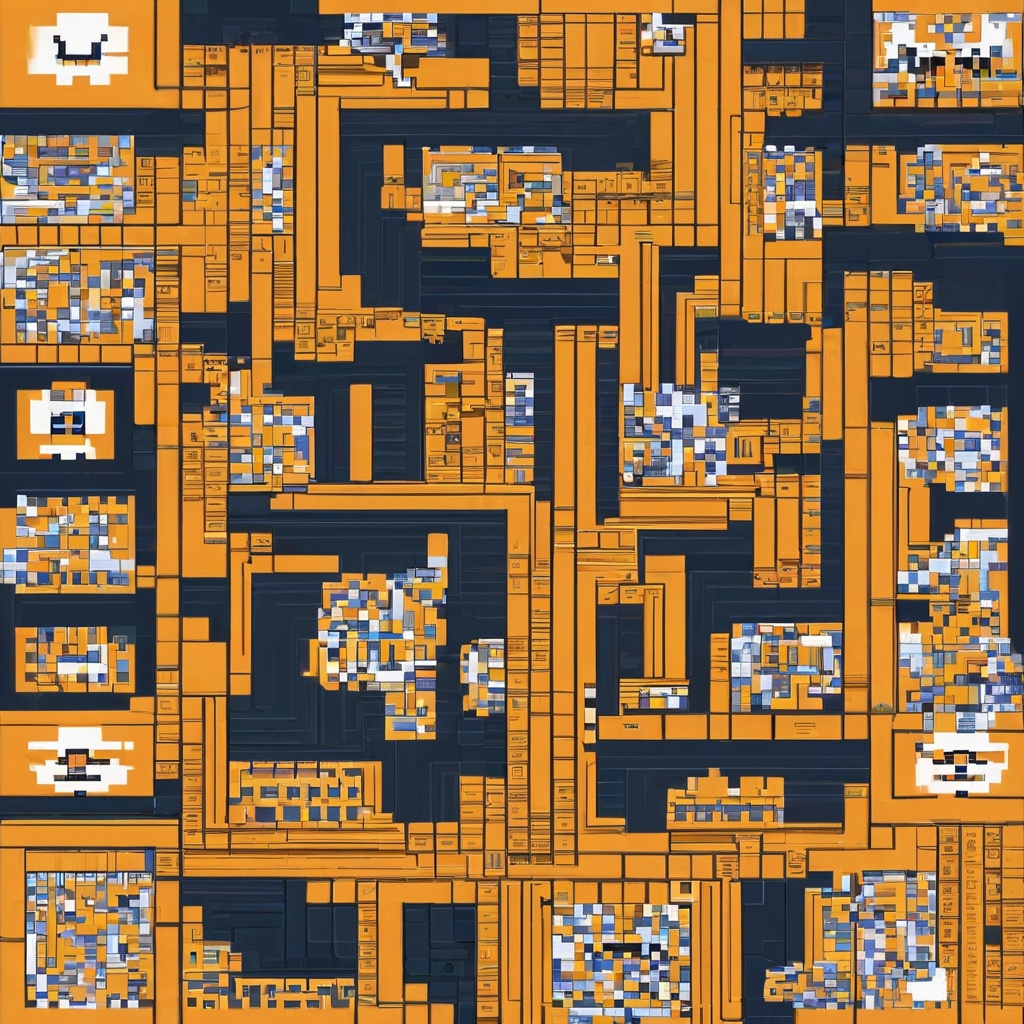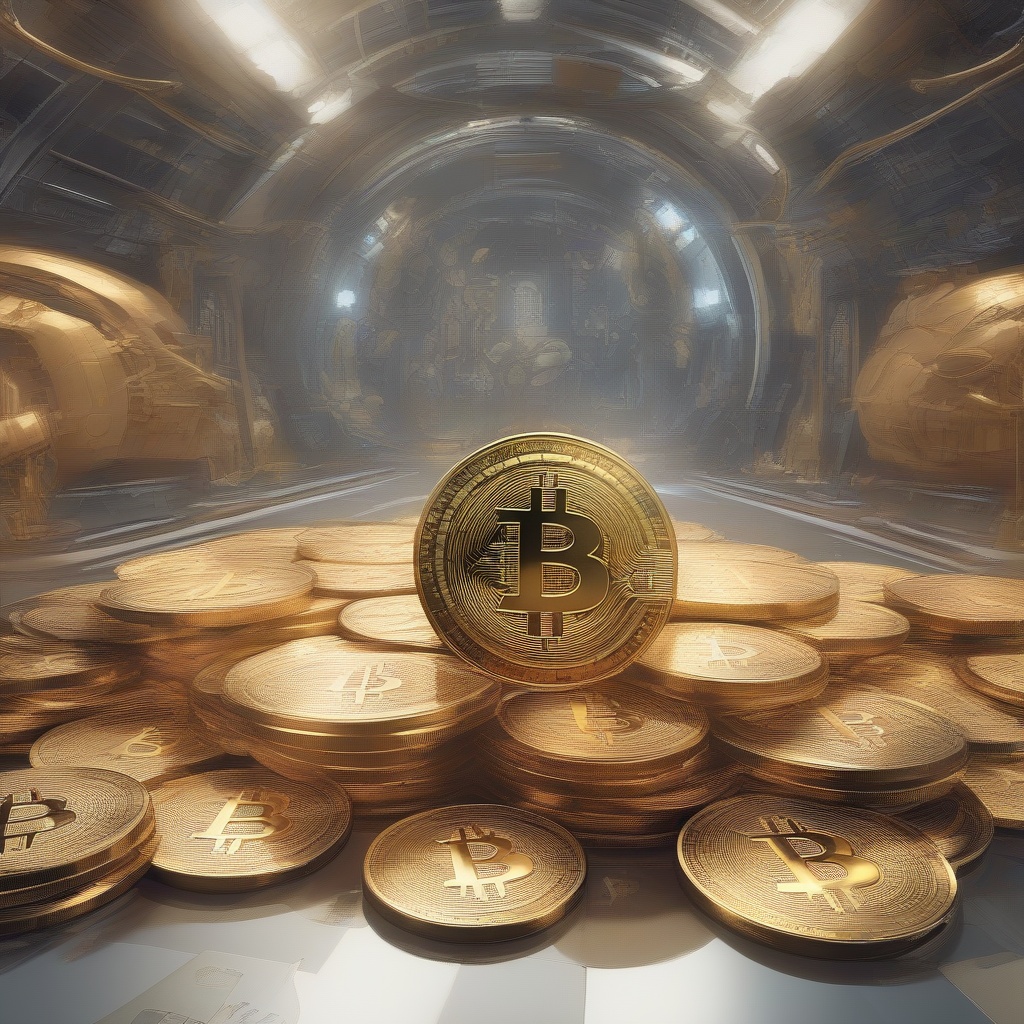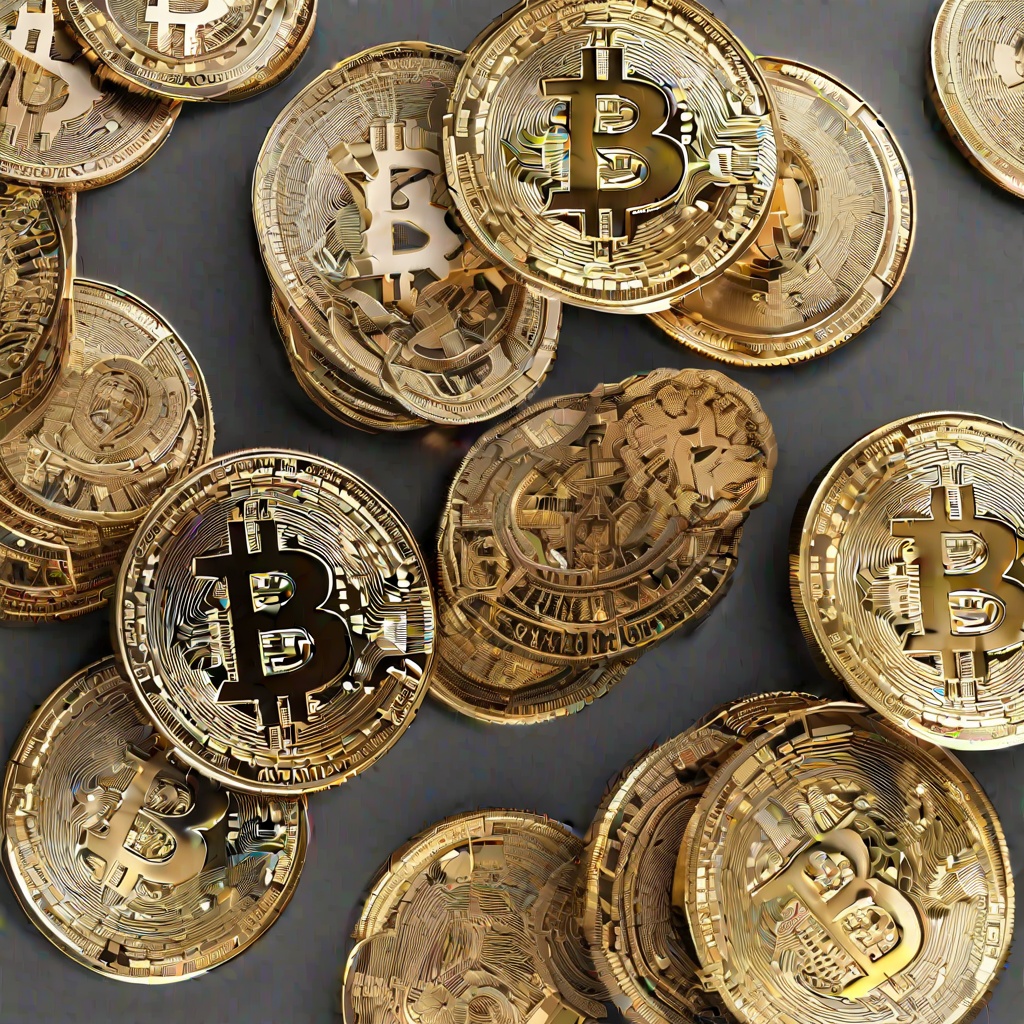How is mina blockchain so small?
Could you please elaborate on how the Mina blockchain manages to maintain such a compact size? I'm curious to understand the technical mechanisms behind its efficiency. Does it utilize unique compression techniques or innovative data storage solutions? I'm also interested in knowing how this small size affects the scalability, transaction speed, and overall performance of the Mina blockchain. Is there a tradeoff involved, or does it offer significant advantages compared to larger blockchains? Thank you for sharing your insights.

What is injective chain?
Could you please elaborate on the concept of the "Injective Chain"? I'm curious to understand its core functionalities and how it differs from other blockchain platforms. What are the unique features of Injective Chain that make it stand out in the crypto space? Also, how does it facilitate decentralized finance and trading? Is it suitable for institutional investors or primarily for retail traders? I'm interested in knowing more about its scalability, security, and overall ecosystem development. Thank you for your insights.

Why is Chainlink unique?
Could you elaborate on the uniqueness of Chainlink? I'm particularly interested in its distinguishing features that set it apart from other blockchain platforms. How does its decentralized oracle network contribute to its uniqueness? And what role does its data aggregation and secure data feeding play in enhancing the functionality of smart contracts? Additionally, I'm curious to know about its network effects and how it's positioned to become a potential industry standard. Could you provide more insights into these aspects?

Why Polkadot will succeed?
So, why do you think Polkadot will succeed? It's a valid question in the fast-paced and competitive world of cryptocurrency. After all, with so many projects and tokens popping up every day, what makes Polkadot stand out? I've heard about its unique architecture, designed to connect and secure various blockchains. But isn't that just another layer of complexity? Or does it actually solve real-world problems? Also, its interoperability feature sounds interesting, but how does it actually work? And how does it benefit users and developers alike? Moreover, with the volatility of the crypto market, how can we be sure that Polkadot will maintain its upward momentum? I'm curious to hear your thoughts on this.

What is the fastest blockchain?
Could you please elaborate on the fastest blockchain currently available? I'm curious to know which blockchain technology stands out in terms of transaction speed and efficiency. With the ever-growing demand for faster and more secure transactions in the cryptocurrency and finance industry, it's important to stay informed about the latest advancements. Could you provide some insights into the characteristics of the fastest blockchain, and perhaps even compare it to other popular blockchains in terms of speed?

